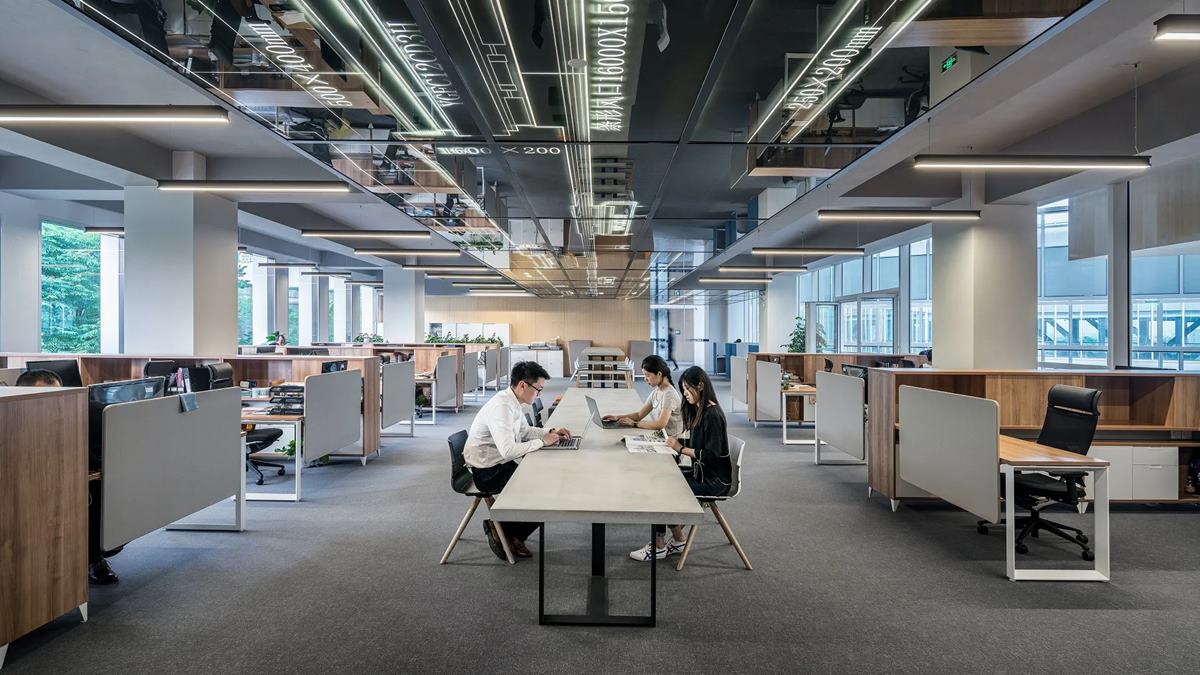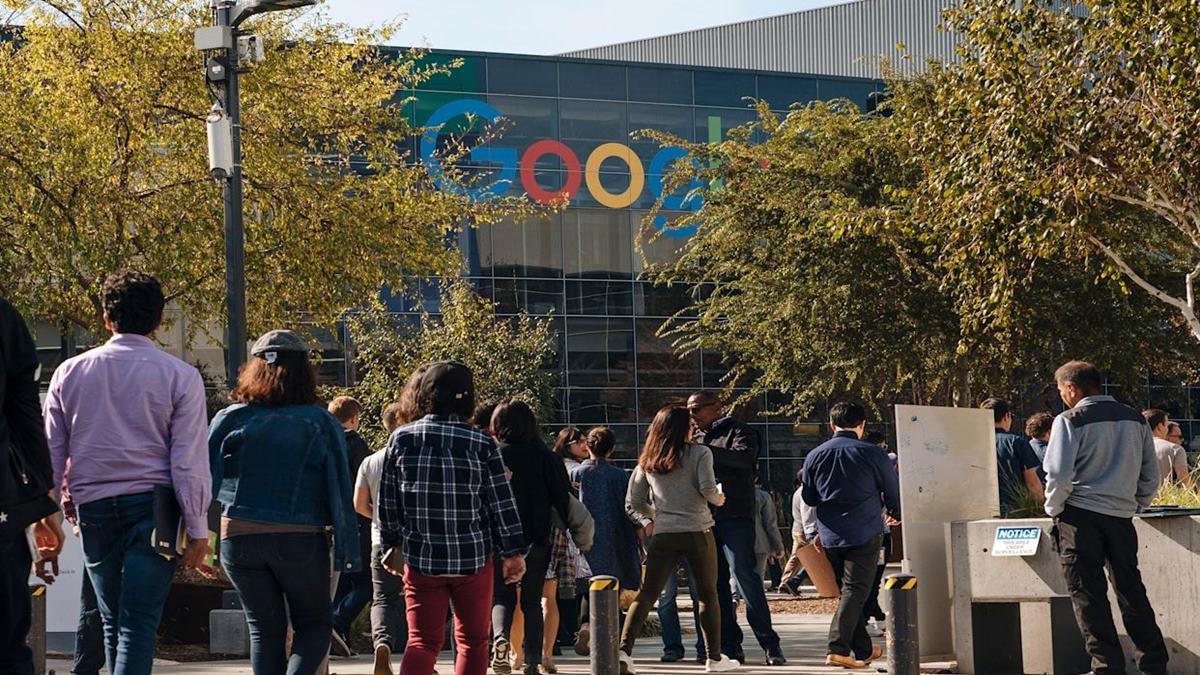Artificial intelligence startups are glorifying exhaustion for the sake of productivity, adopting the “9-9-6 work schedule” in an attempt to “win the AI race,” according to recent reports. Tekendra Parmar, writing in Inc., notes, “In a bid to outpace Chinese rivals, some AI startups are adopting that country’s grueling ‘9-9-6 work schedule.’ But the future of work might actually lie in working less, not more.” Parmar adds that the “9-9-6 work schedule” could actually hurt instead of help productivity.
What Are The Hours Of The ‘9-9-6 Work Schedule’?
Some AI startups are taking the workplace back to the dark ages, adopting the Chinese “9-9-6 work schedule” in which employees toil from 9:00 a.m. to 9:00 p.m. six days a week from Monday to Saturday. Asian companies are known for overworking their employees, causing unmanaged chronic job stress, then burnout. When burnout is unaddressed, it can lead to karoshi, the Japanese term for death from overwork.
Experts are calling the 9:00 a.m. to 9:00 p.m. six days a week culture corporate abuse. Yet America’s top business leaders work relentless hours. Apple CEO Tim Cook sends emails as early as 4:30 a.m. Former Yahoo CEO Marissa Mayer reportedly clocked up to 130 hours a week, and Tesla CEO Elon Musk is known to work 120 hours a week.
Some members of the C-suite expect employees to match their “9-9-6 work schedules.” Back in 2022, Musk was accused of corporate slavery, perpetuating work abuse and job burnout. While praising Chinese employees of Tesla for “burning the 3 a.m. oil” he said Americans are “trying to avoid going to work at all.”
That same year, Musk declared an end to remote work at the electric vehicle company, laying off nearly half of the 7,000 employees at Tesla. In my 2022 interview with Jenn Lim, the CEO of Delivering Happiness and a bestselling author of “Beyond Happiness: How Authentic Leaders Prioritize Purpose for Growth and Impact,” she says Musk was treating people like collateral damage instead of human beings, forgetting basic human decency in the way he had handled the mass layoffs.
I spoke with Caitlin Collins, an organizational psychologist and the program strategy director at Betterworks, who asserts extreme schedules erode workplace productivity. “The notion that working 9 a.m. to 9 p.m. six days a week drives innovation is deeply misguided,” Collins says. “Research consistently shows that extreme schedules don’t fuel productivity, they erode it. Sustained overwork leads to burnout, cognitive fatigue and disengagement, which directly undermine the creativity and focus AI companies rely on to innovate.”
A large body of research shows more time at your desk does not actually mean more output. A British study published in 2019 shows that employees who put in more than 11 hour workdays are 67% more likely to have a heart attack. And employees who work more than 54 hours a week are at higher risk of dying from karoshi.
The Collective Delusion Of The ‘9-9-6 Work Schedule’
As more firms adopt the collective delusion of the “9-9-6 work schedule,” there is a call for redefining the wellness category in corporate America. It begins with changing the workplace narrative that it is a badge of honor for employees to place their mental and physical health on the line, burn themselves out or sacrifice their lives to keep their jobs.
Collins argues work-life balance is not a perk. It is a business imperative. “Employees perform at their peak when they have flexibility, mental space and the trust to integrate work into their lives rather than sacrifice their well-being for it,” she explains. “Gen Z and younger talent are already rejecting ‘burnout as a badge’ culture, and companies that cling to these outdated models risk losing their most capable people.”
Bringing ‘Good Trouble’ To ‘9-9-6 Work Schedule’
The Gen Z generation is bringing “good trouble” — a term coined by civil rights activist and politician John Lewis for nonviolent protests against unjust situations — to the “9-9-6 work culture.” They are doing their part to usher a healthy mind, body and spirit into the workplace and create the potential for a sustainable career trajectory so the company’s bottom line is guaranteed.
Gen Z is re-writing the rules of the workplace to make them more humane and employee-centered. Glimmers of their impact as change agents are evident in 2025. The younger generation is revising outdated practices and modernizing how work gets done, accounting for flexibility, work-life balance and human values in general. Basically, they’re pushing employers to rethink how collaboration happens and initiating such workplace trends as “conscious un-bossing” and “micro-shifts.”
Gen Z is adamant that they want to be seen for who they are, not vilified for being difficult to manage, just because they assert their constructive opinions. They want professional colleagues to understand that their values and career needs are different from—not inferior to—other generations.
They want corporate America to refrain from trying to turn the clock back, forcing them into old, outdated work molds. And they want an end to pressuring and threatening employees with job loss, so they don’t have to work in the shadows to maintain their mental health.
By 2030 experts predict that Gen Z will dominate the American workforce. I culled six science-backed changes that Gen Z advocates for a more humane workplace, indicating what they want to commit to the companies they work for and flourish in their jobs and careers:
- Prioritize mental health and well-being over traditional work expectations.
- Seek flexible work arrangements that allow for remote or hybrid options.
- Value purpose-driven work that aligns with personal values and passions.
- Embrace technology to enhance productivity while maintaining boundaries.
- Advocate for a culture that respects personal time and encourages breaks.
- Focus on building supportive workplace relationships that foster collaboration.
According to Christine Royston, CMO at Wrike, these shifts are more than just generational preferences. They’re signals of a permanent change in workplace productivity. Royston believes Gen Z is driving the adoption of smarter, more flexible collaboration platforms.
Some Final Thoughts On The ‘9-9-6 Work Schedule’
In the final analysis, job production is about finding a healthy work-life balance, not a profit versus humanity proposition. And finding it will continue to be a problem in 2025 unless significant changes are made in work practices, overtime demands and inefficient meetings. The challenge for companies is to create work cultures that blend productivity and profitability with humanity and physical and mental wellness not a “9-9-6 work schedule” to clone employees as robots to win the AI race.




















